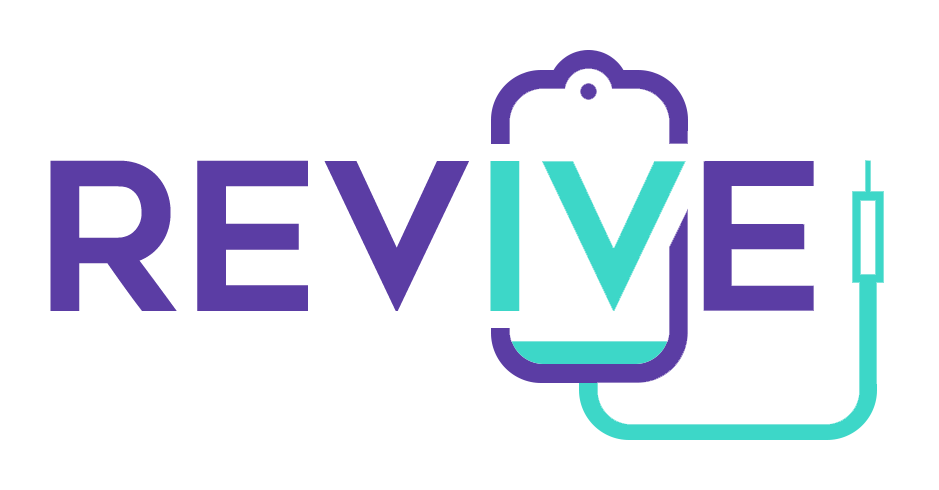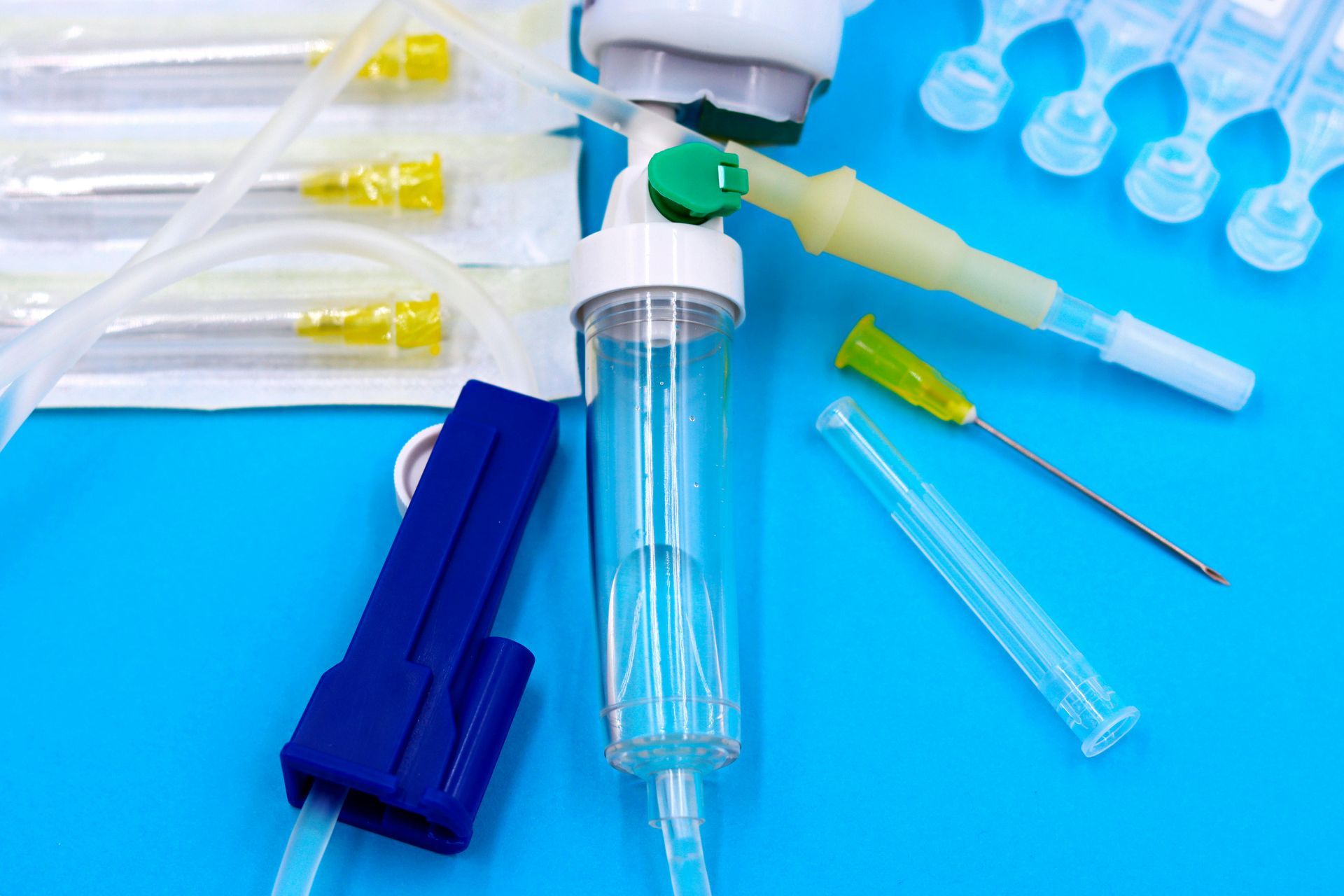The Best Vitamins for Muscle Cramps and Spasms: A Comprehensive Guide
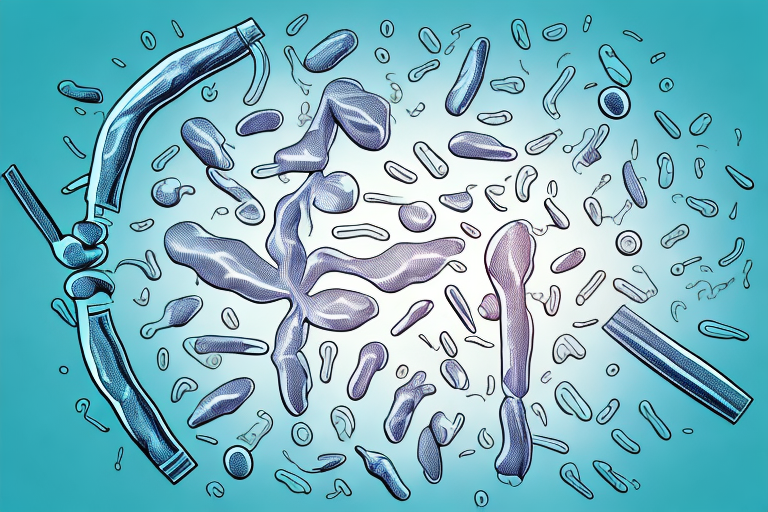
If you've ever experienced sudden or involuntary contractions of your muscles, you're likely familiar with the discomfort and pain that muscle cramps and spasms can cause. These episodes can be caused by a variety of factors, including dehydration, muscle fatigue, and electrolyte imbalances. While they can be annoying and sometimes painful, there are specific vitamins and nutrients that can aid in preventing and managing muscle cramps and spasms.
Understanding Muscle Cramps and Spasms
Muscle cramps and spasms can be a frustrating and painful experience for many people. They can occur in any muscle in the body but are most commonly experienced in the legs and feet. These episodes can occur during physical activity or even at rest, and the intensity and duration of the episode can vary significantly.
The sensation of a muscle cramp or spasm is caused by the sudden and involuntary contraction of a muscle. This can be a result of a variety of factors, including poor blood circulation,
dehydration, muscle fatigue, overuse, and muscle strains. These factors can lead to spasms that are not only painful but can also lead to muscle weakness and immobility.
What Causes Muscle Cramps and Spasms?
Muscle cramps and spasms can be caused by numerous factors. One common cause is poor blood circulation. When blood flow to a muscle is restricted, it can result in a cramp or spasm. Dehydration is another common cause of muscle cramps and spasms. When the body is dehydrated, it can lead to an electrolyte imbalance, which can cause muscle contractions.
Muscle fatigue and overuse can also lead to cramps and spasms. When a muscle is overworked, it can become fatigued, leading to a cramp or spasm. Additionally, muscle strains can cause cramps and spasms, as the muscle tries to protect itself from further injury.
The Difference Between Cramps and Spasms
While muscle cramps and spasms are often used interchangeably, they have distinct differences. Muscle spasms are involuntary muscle contractions that can occur at any time. These contractions can be brief or last for an extended period. Cramps, on the other hand, are characterized by sudden tightness, often accompanied by pain, and typically occur during or after exercise.
It is essential to understand the difference between cramps and spasms to determine the best course of treatment. While both can be painful, the causes and treatment options can differ.
Common Triggers for Muscle Cramps and Spasms
Several triggers can cause muscle cramps and spasms. Stress can be a significant factor in muscle tension, leading to cramps and spasms. Aging can also lead to muscle cramps and spasms, as the body's muscles become weaker and less flexible.
Dehydration and electrolyte imbalances are also common triggers for muscle cramps and spasms. When the body is dehydrated, it can lead to an electrolyte imbalance, which can cause muscle contractions. Additionally, medications such as diuretics can affect the body's electrolyte balances and nutrient absorption, leading to muscle contractions and spasms.
It is important to identify the triggers that cause muscle cramps and spasms to prevent future episodes. Maintaining proper hydration, stretching before exercise, and getting enough rest can help prevent muscle cramps and spasms.
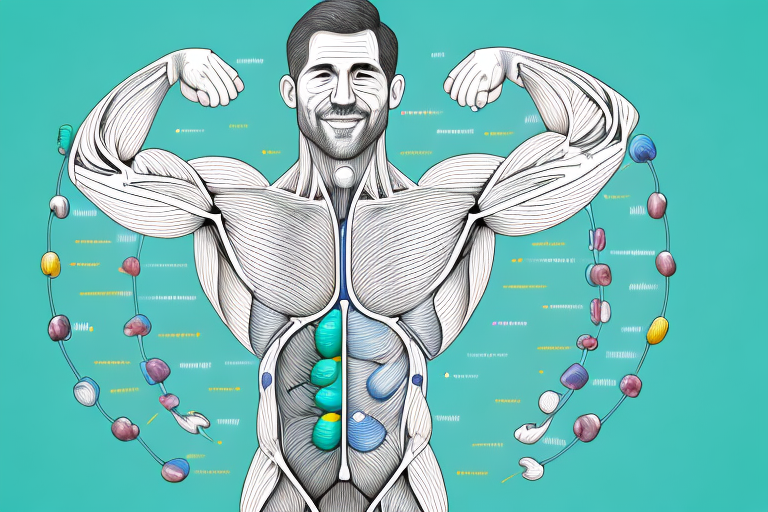
The Role of Vitamins in Muscle Health
Vitamins are organic compounds that are essential for normal growth and development. They are micronutrients that the body needs in small amounts to function properly. Vitamins play vital roles in the body, including supporting muscle health.
There are two types of vitamins: fat-soluble and water-soluble. Fat-soluble vitamins, such as vitamins A, D, E, and K, are stored in the body's fatty tissues and liver. Water-soluble vitamins, such as the B vitamins and vitamin C, are not stored in the body and need to be replenished regularly.
When it comes to muscle health, vitamins are essential. They help maintain healthy muscle function and decrease muscle fatigue caused by prolonged exercise or exertion. These vitamins aid in repairing damaged muscle fibers, reducing inflammation, and promoting muscle recovery and growth.
How Vitamins Support Muscle Function
Several vitamins are necessary for optimal muscle health. Vitamin D, for example, helps regulate calcium levels in the body, which is essential for muscle contractions. The B complex vitamins, including thiamin, riboflavin, niacin, and pantothenic acid, help convert food into energy and are necessary for muscle contraction and relaxation. Vitamin E is an antioxidant that helps protect muscle cells from damage caused by free radicals.
In addition to vitamins, minerals such as magnesium, potassium, and calcium are also important for muscle function. Magnesium helps regulate muscle contractions and is necessary for energy production. Potassium helps maintain electrolyte balance, which is essential for muscle contractions. Calcium is necessary for muscle contractions and is also important for bone health.
The Importance of a Balanced Diet for Muscle Health
A well-balanced diet with regular intakes of vitamins and nutrients is essential for optimum muscle function. While vitamins can help address the symptoms of muscle cramps and spasms, it's essential to consume a variety of foods to ensure optimal vitamin and nutrient absorption.
Foods that are high in vitamins and minerals include leafy green vegetables, fruits, whole grains, lean protein, and low-fat dairy products. It's important to eat a variety of foods to ensure that you are getting all the vitamins and minerals your body needs.
In conclusion, vitamins play a crucial role in muscle health. They help maintain healthy muscle function, aid in repairing damaged muscle fibers, reduce inflammation, and promote muscle recovery and growth. A well-balanced diet with regular intakes of vitamins and nutrients is essential for optimum muscle function.
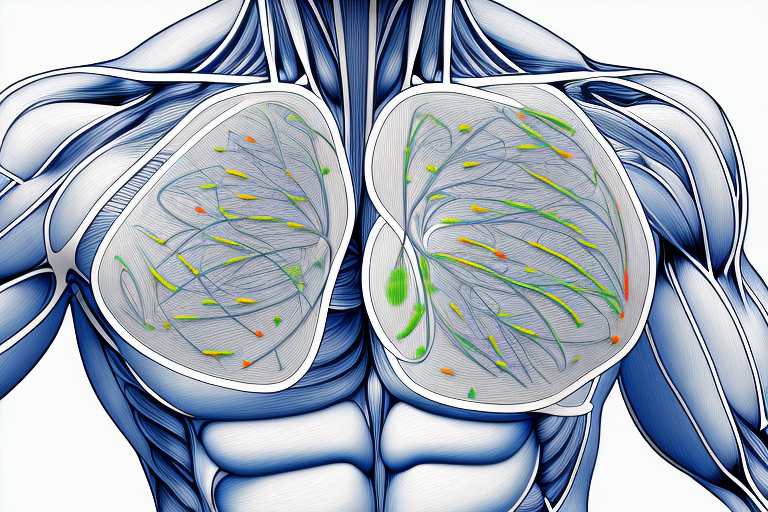
Top Vitamins for Preventing and Treating Muscle Cramps and Spasms
Muscle cramps and spasms can be a painful and frustrating experience. They can occur due to a variety of reasons, such as dehydration, overuse of muscles, and nutrient deficiencies. One way to prevent and treat muscle cramps and spasms is by incorporating specific vitamins and minerals into your diet.
Vitamin D: The Sunshine Vitamin
Vitamin D is an essential nutrient that helps regulate calcium levels in the body, which are critical for muscle contractions and relaxation. It also aids in the absorption of calcium and promotes bone and muscle health. Vitamin D can be obtained through exposure to sunlight, as well as through certain foods such as fatty fish, egg yolks, and fortified dairy products.
Studies suggest that vitamin D supplementation may decrease the frequency and severity of muscle cramps and spasms. This is especially true for individuals who are deficient in vitamin D, which is common in areas with limited sunlight exposure or in people who follow a strict vegan or vegetarian diet.
Vitamin B Complex: The Energy Boosters
Vitamin B complex consists of eight essential vitamins that are required for proper bodily functions. They play a vital role in energy production, neurotransmitter regulation, and DNA synthesis, making them an excellent choice for individuals looking to improve muscle health and prevent cramps and spasms.
The B vitamins can be found in a variety of foods, including whole grains, meat, fish, and dairy products. Vegetarians and vegans can obtain these vitamins through fortified cereals, nutritional yeast, and plant-based milk alternatives.
Vitamin E: The Antioxidant Powerhouse
Vitamin E is an antioxidant that helps fight off free radicals that can cause cellular damage. It's essential for proper muscle repair and growth and helps improve overall muscle health. In addition, Vitamin E can help alleviate muscle cramps and spasms caused by physical exertion or overuse.
Good dietary sources of Vitamin E include nuts, seeds, vegetable oils, and leafy greens. However, it's important to note that excessive supplementation of Vitamin E can lead to adverse health effects, so it's best to obtain this vitamin through a balanced diet.
Magnesium: The Relaxation Mineral
Magnesium is a vital mineral that supports muscle and nerve function, regulates electrolyte levels in the body, and aids in energy production. It's also necessary for muscle relaxation and can help prevent muscle cramps and spasms.
Studies suggest that magnesium supplementation may help alleviate muscle cramping, especially in individuals with magnesium deficiency. Good dietary sources of magnesium include leafy greens, nuts, seeds, and whole grains.
Potassium: The Electrolyte Balancer
Potassium is an electrolyte essential for muscle and nerve function. It helps regulate fluid balance in the body and can help prevent dehydration, a common trigger for muscle cramps and spasms. Adequate potassium intake can aid in reducing muscle cramps and ensure optimal muscle function.
Good dietary sources of potassium include bananas, sweet potatoes, avocados, and leafy greens. However, excessive potassium intake can also lead to adverse health effects, so it's important to obtain this mineral through a balanced diet.
Calcium: The Bone and Muscle Builder
Calcium is an essential mineral required for muscle and bone health. It helps regulate muscle contractions and promotes optimal muscle growth and function. A balanced intake of calcium in the diet can help prevent muscle cramps, aid in muscle recovery, and support overall muscle health.
Good dietary sources of calcium include dairy products, leafy greens, and fortified foods such as tofu and plant-based milk alternatives. It's important to note that excessive calcium intake can lead to adverse health effects, so it's best to obtain this mineral through a balanced diet.
In conclusion, incorporating these vitamins and minerals into your diet can help prevent and treat muscle cramps and spasms. However, it's important to note that nutrient deficiencies are not the only cause of muscle cramps and spasms, and other factors such as hydration and exercise should also be considered.
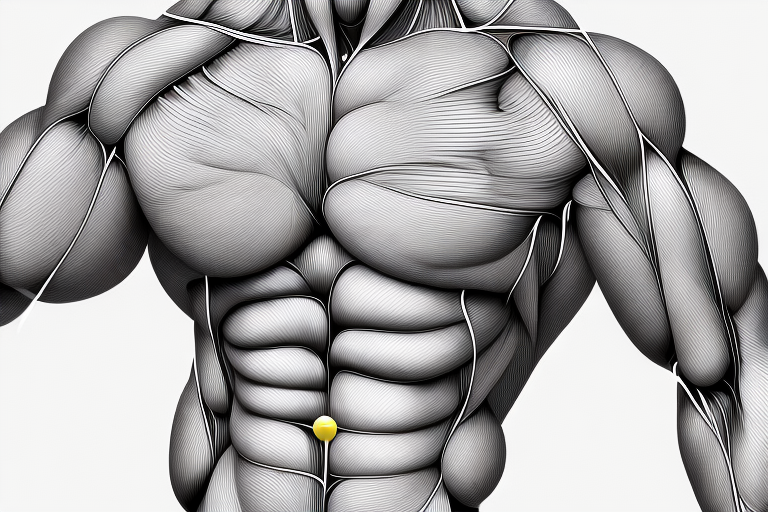
How to Incorporate These Vitamins into Your Diet
Vitamins and minerals are essential for optimal muscle health. They aid in muscle growth, repair, and overall function. Incorporating these vitamins into your diet can help you achieve your fitness goals and maintain a healthy lifestyle. Here are some tips on how to do it:
Foods Rich in Muscle-Boosting Vitamins
Many foods are rich in vitamins and nutrients that aid in muscle health. Fatty fish like salmon, tuna, and mackerel are excellent sources of omega-3 fatty acids, which are essential for muscle growth and repair. Fortified cereals and milks are also great sources of vitamins and minerals, including calcium, vitamin D, and vitamin B12.
Almonds are rich in vitamin E, which is a powerful antioxidant that helps reduce muscle damage caused by exercise. Leafy greens like spinach, kale, and collard greens are excellent sources of vitamins A, C, and K, as well as minerals like iron and calcium. Avocados are rich in healthy fats, fiber, and potassium, which can help regulate muscle function. Bananas are a great source of potassium, which is essential for muscle contraction. Sweet potatoes are rich in vitamin A, which is important for muscle growth and repair.
Vitamin Supplements: Pros and Cons
Vitamin and mineral supplements can provide the required nutrients needed for muscle health. While they can be effective in supporting overall muscle function, it's crucial to follow recommended daily dosages and ensure vitamin and mineral intake from food sources and supplements don't exceed recommended amounts.
Some people may benefit from taking vitamin supplements, especially if they have a nutrient deficiency or are unable to get enough vitamins and minerals from their diet. However, it's important to note that supplements should not be used as a substitute for a healthy diet.
Tips for Maximizing Vitamin Absorption
Maximizing vitamin and nutrient absorption is essential for optimal muscle health. Consuming vitamins with food can help increase absorption, as some vitamins are better absorbed when consumed with fat. For example, vitamin D is a fat-soluble vitamin, which means it needs to be consumed with fat to be properly absorbed.
Avoiding processed foods is also important for maximizing nutrient absorption. Processed foods are often low in vitamins and minerals and can interfere with nutrient absorption. Limiting caffeine and alcohol intake can also help increase nutrient absorption, as these substances can interfere with the absorption of certain vitamins and minerals.
Finally, speaking with a registered dietitian can provide personalized guidance on optimizing vitamin and nutrient absorption. They can help you create a balanced meal plan that includes all the necessary vitamins and minerals for optimal muscle health.
Other Tips for Preventing and Managing Muscle Cramps and Spasms
The Importance of Hydration
Ensuring adequate hydration is not only important for overall health, but also for muscle health. When you're dehydrated, your body loses important electrolytes, such as sodium, potassium, and magnesium, which are essential for proper muscle function. This can lead to muscle cramps and spasms, especially during physical activity.
To prevent this, make sure you're drinking enough water throughout the day. Aim for at least eight cups of water per day and hydrate before, during, and after physical activity. If you're engaging in intense exercise, consider drinking a sports drink that contains electrolytes to replenish what you lose through sweat.
Stretching and Exercise Techniques
In addition to staying hydrated, incorporating stretching and warm-up exercises into your routine can help prevent muscle cramps and spasms. These techniques can improve muscle flexibility, reduce muscle fatigue and soreness, and increase blood flow to the muscles.
Before engaging in physical activity, take a few minutes to stretch out your muscles. Focus on the muscle groups you'll be using during your workout, such as your legs, arms, or back. Hold each stretch for at least 15-30 seconds, and don't push yourself too hard. Remember, stretching should feel good, not painful.
You can also try incorporating yoga or Pilates into your routine. These exercises focus on stretching and strengthening the muscles, which can help prevent cramps and spasms over time.
Massage and Other Therapies
If you're experiencing muscle cramps or spasms, massage and other therapies can be helpful in reducing tension and promoting relaxation. Massage therapy can help increase blood flow to the affected muscles, which can help reduce pain and stiffness.
Other therapies, such as acupuncture and chiropractic, can also be effective in treating muscle cramps and spasms. These techniques focus on realigning the body and promoting overall wellness, which can help reduce muscle tension and prevent future cramps and spasms.
Remember, if you're experiencing frequent or severe muscle cramps or spasms, it's important to talk to your healthcare provider. They can help determine the underlying cause of your symptoms and recommend appropriate treatment options.
When to Consult a Healthcare Professional
Muscle cramps and spasms can be a common occurrence for many people, and they can often be resolved with simple remedies such as stretching, staying hydrated, and getting enough rest. However, there are times when muscle cramps and spasms may be a sign of a more serious underlying medical condition. In these cases, it is important to seek medical attention to ensure that you receive the proper diagnosis and treatment.
Signs That Your Muscle Cramps and Spasms Need Medical Attention
While most muscle cramps and spasms are harmless, there are certain signs that may indicate the need for medical attention. If you experience any of the following symptoms along with your muscle cramps and spasms, it is important to seek medical attention immediately:
- Persistent cramping or spasms that do not go away with stretching or rest
- Severe cramping or spasms that are causing significant pain or discomfort
- Cramping or spasms that are accompanied by weakness, tremors, or numbness
- Cramping or spasms that are interfering with your daily activities or quality of life
If you are experiencing any of these symptoms, it is important to consult a healthcare professional as soon as possible. These symptoms may be a sign of an underlying medical condition that needs to be treated.
How a Healthcare Professional Can Help
When you consult a healthcare professional for your muscle cramps and spasms, they will perform a thorough evaluation to determine the root cause of your symptoms. This may include a physical examination, medical history, and diagnostic tests such as blood work or imaging studies.
Once a proper diagnosis has been made, your healthcare professional will work with you to develop a treatment plan that is tailored to your specific needs. This may include a combination of therapies such as medication, stretching exercises, massage, or other treatments to alleviate your symptoms and improve your muscle health.
It is important to follow your healthcare professional's recommendations closely and attend all follow-up appointments to ensure that your treatment plan is working effectively. With the right care and management, you can find relief from your muscle cramps and spasms and improve your overall quality of life.
Conclusion
While muscle cramps and spasms can be a frustrating condition to manage, incorporating vitamin-rich foods and supplements into your diet can aid in preventing and managing symptoms. Proper hydration, exercise, and the use of various therapies can also promote optimal muscle health and alleviate discomfort associated with muscle cramps and spasms. Speak with a healthcare professional if you're experiencing persistent or severe symptoms to ensure appropriate diagnosis and treatment of your condition. By following these tips and incorporating essential vitamins and nutrients into your diet, you can help ensure healthy muscle function and reduce the risk of muscle cramps and spasms.
